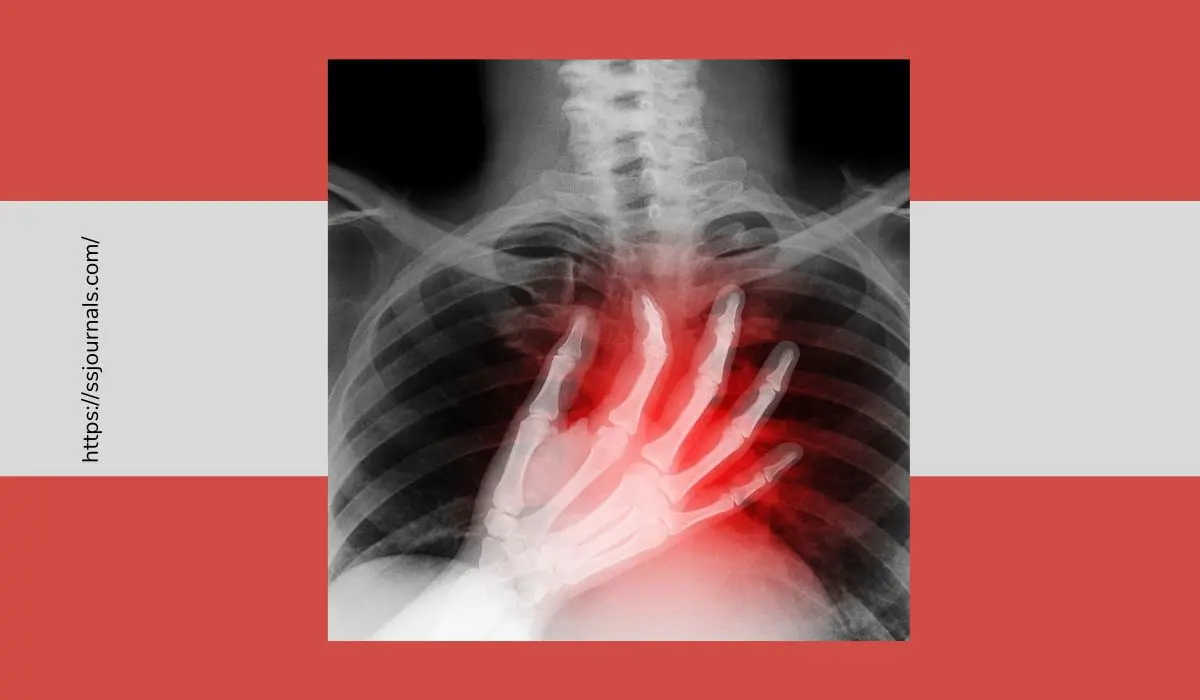Hypertension, heart disease, and stroke are three distinct yet interconnected cardiovascular conditions. High blood pressure, coronary artery disease, and cerebrovascular incidents often coexist and share common risk factors and pathophysiology.
Understanding the relationships between hypertension, heart disease, and stroke can help you reduce your risks.
Hypertension, Heart Attacks, And Brain Attacks: The Vicious Disease Cycle
Hypertension (high blood pressure), heart disease, and stroke comprise the triad of major cardiovascular diseases plaguing developed countries today.

Key connections include:
– High blood pressure damages arteries and predisposes to atherosclerosis.
– Atherosclerotic plaque buildup contributes to coronary artery disease and stroke.
– Risk factors like diabetes, smoking, and obesity increase susceptibility to all three conditions.
– Uncontrolled hypertension accelerates adverse outcomes for those with heart disease or stroke risk.
Gaining insight into how these common circulatory system disorders relate and influence one another empowers you to make lifestyle choices that protect long-term health.
How Hypertension Relates To Heart Disease?
The direct physiological effects of chronic high blood pressure make heart disease more likely:
– Increased pressure strains the heart muscle, causing thickening and enlargement.
– Artery walls stiffen and thicken in response to hypertension’s shear forces.
– Oxidized LDL cholesterol more readily adheres to damaged arterial linings, accelerating plaque formation.
– Narrowed coronary arteries constrict oxygen supply to the heart muscle, resulting in ischemia.
– Disrupted blood flow promotes the formation of artery-blocking clots and plaque rupture.
Together, these effects of untreated hypertension set the stage for eventual myocardial infarction or heart attack. Managing high blood pressure reduces heart disease risks.
Links Between Hypertension And Stroke Risk
Similarly, high blood pressure mechanisms that harm the heart also increase the dangers of stroke, especially ischemic stroke:
– Hypertension accelerates atherosclerosis in arteries supplying the brain.
– Vascular damage leads to weakened, bulging spots prone to rupturing.
– Artery narrowing impairs blood flow to the brain, creating oxygen deficiency.
– Increased risk of clots forming due to swirling eddies in narrowed vessels.
– Hardened, thrombus-laden arteries are more likely to fully occlude.
– Impaired autoregulation of cerebral blood flow in the presence of chronic hypertension.
Thus, the vascular changes induced by sustained high blood pressure set the stage for compromised blood flow or vessels rupturing within the brain – the hallmarks of stroke.
Shared Risk Factors
Hypertension, coronary heart disease, and stroke share numerous modifiable risk factors that predispose to all three:
– Obesity
– Diabetes and insulin resistance
– Dyslipidemia with high LDL and low HDL
– Physical inactivity and poor diet
– Excess alcohol consumption
– Older age
– Genetic predisposition
– Kidney dysfunction
Minimizing and appropriately managing these common risks provides protection against developing any of the three cardiovascular diseases.
Vicious Cycle Of Progression
Left untreated, hypertension, heart disease, and stroke perpetuate the advancement of each other in a negative spiral:
– Uncontrolled high blood pressure accelerates atherosclerosis.
– Plaque buildup impedes heart and brain perfusion, raising blood pressure further.
– Elevated pressure inflicts further arterial damage, spreading atherosclerosis.
– Increased risks of heart attack or stroke due to narrowed vessels.
– Cardiac or brain tissue damage from infarcts worsens hypertension.
– Repeat events like heart attacks or strokes become increasingly likely.
Early screening and treatment break this harmful cycle before end-organ injury to the heart, brain, and vasculature intensifies.
Potentiating Treatment
Modern medicine uses many approaches that lessen the interconnected risks between hypertension, heart disease, and stroke:
– Blood pressure medications like ACE inhibitors protect against organ damage from high pressure.
– Anticlotting agents help prevent myocardial infarction and ischemic stroke.
– Cholesterol and blood sugar control combat atherosclerosis progression.
– Cardiac rehabilitation strengthens the heart against the stresses of hypertension.
– Carotid artery stenting remedies damage inciting strokes.
– Educational initiatives encourage healthy lifestyle modifications that reduce risks.
– Screening facilitates earlier intervention before complications take hold.
Capitalizing on these therapies and preventive services offers the best defense against the cardiovascular disease triad.
Conclusion
In summary, as prevalent conditions that frequently coexist and interact, hypertension, heart disease, and stroke are best addressed comprehensively by healthcare providers in at-risk patients.
But lifestyle approaches like maintaining normal blood pressure and cholesterol, controlling blood sugar, avoiding smoking, staying active, and reducing stress confer protection against all three diseases.
Appreciating their complex relationships will keep motivating you to make heart-healthy choices. By recognizing the interconnected nature of cardiovascular health, you gain the power to proactively preserve your long-term well-being.
FAQ’s
Yes, untreated or uncontrolled hypertension significantly increases the risk of both heart disease and strok
Absolutely. Adopting a heart-healthy diet, engaging in regular physical activity, and managing stress can greatly reduce the likelihood of developing these conditions.
Yes, a family history of hypertension, heart disease, or stroke can elevate one’s predisposition to these conditions.
While lifestyle modifications can improve heart health, advanced stages of heart disease may require medical intervention.
Symptoms of a stroke can include sudden numbness or weakness in the face, arm, or leg, confusion, difficulty speaking or understanding, severe headache, and trouble walking.

